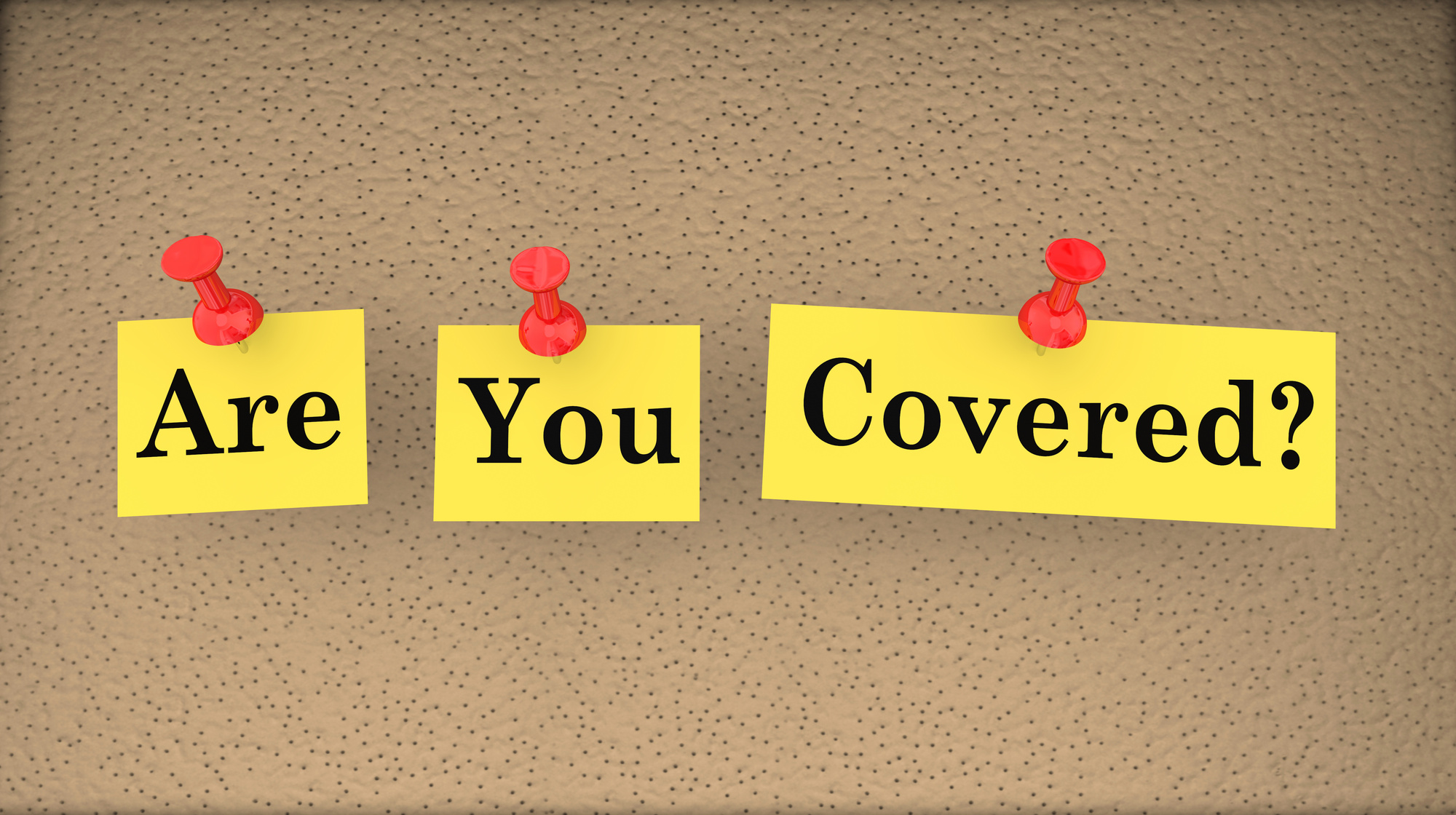Nearly 3 million people in the US work in the insurance industry. That’s no surprise, because, as Americans, there are all kinds of insurance options available to us.
From health insurance and car insurance to life insurance and everything in between, it can be hard to know exactly what you need and what is not worth the money.
If you find yourself struggling to decide on which types of insurance you need the most, you’re not alone. And, you’ve come to the right place.
Keep reading for an overview of the main types of insurance and guidance on which ones you need the most.
Health Insurance
If you watch any political debate, you’re sure to hear the opposing sides argue about health insurance coverage. No matter your political leanings, there’s no denying that health insurance is one of the most important coverages to have.
After all, if you are diagnosed with a major illness or you have to be rushed into emergency surgery, the resulting bill without insurance coverage could be astronomical.
In fact, 79 million Americans currently are working to pay off medical debt.
If your employer offers a medical plan as part of your benefits package, you should take advantage of the plan to protect yourself should you need expensive medical treatment. Health insurance doesn’t just cover medical treatments, but rather will help cover prescription drugs. Says Melissa Thompson of Diabetes Life Solutions ” Many people forget that your particular health insurance plan will dictate how much of your prescription drugs will be paid for by the plan. If you have diabetes, your policy may cover the cost of insulin 100% or only a portion of the costs. When comparing health insurance policies, it’s important to determine what your co-pays and out of pocket costs may be for the drugs you need to purchase in order to live.”
If health insurance is not offered through your job, or you’re self-employed, you should consider other options, like a short term health insurance plan. While it doesn’t cover pre-existing conditions, it does have lower monthly premiums.
You can learn more by reading this short term health insurance guide.
Life Insurance
When you die, will your loved ones have enough money to pay for your funeral and other expenses? If you don’t have a life insurance policy, the answer may be no. One easy solution is to consider a burial insurance policy. Simply put, at the time of your death the policy will pay out to the beneficiary, ensuring that your final expenses can be paid for. You can visit websites like Burial Insurance Pro to compare costs and options.
Similarly, if you’re a single-income family, what will happen if you die and are no longer bringing in any money? Life insurance can help lessen the financial burden on those left behind.
The price you pay for life insurance depends on many factors, like your health, and if you take part in risky behaviors like smoking. As an example, if you have a chronic illness, or recent treatment of a significant health issue you may be declined or pay higher premiums. Life insurance with diabetes will tend to be more expensive compared to those who do not suffer from this disease.
Before you qualify for life insurance, you’ll likely have to undergo a medical evaluation to determine your monthly cost for coverage.
If your loved ones rely on you for income, life insurance coverage should be a priority.
Auto Insurance
If you drive any kind of motor vehicle, generally you’ll be required to have auto insurance. But, the type of insurance required varies by state.
Aside from being a legal requirement, auto insurance is important because it will help cover the costs if you are in a car accident.
Not only does this cover the costs of repairs for your car and possibly the other car involved, but the liability insurance in your coverage will pay for costs if you go to court as a result of the accident.
Before you buy car insurance, carefully review your state’s requirements to make sure you are in compliance.
Dental Insurance
Have you ever eaten a bite of your dinner only to feel a shooting pain in your mouth? If so, a visit to the dentist is likely in order. But, how will you pay for the dental fees?
Dental insurance is separate from health insurance, but, like health insurance, it is often available through your employer.
If your employer doesn’t offer dental insurance as a benefit, you can buy a policy from an independent provider.
Even if your teeth are in good condition now, it’s best not to skip out on dental insurance.
Homeowners or Renters Insurance
Whether you rent or own a home, you’ll need insurance to protect your humble abode.
As a renter, most landlords will require renters insurance as part of your lease. And, it’s in your best interest. Without renters insurance, you would be responsible for covering the cost of replacing your things if you are robbed or your house or apartment catches on fire.
Homeowners insurance acts in the same way, covering the cost of replacing your things and rebuilding your home in the event of a catastrophe. However, not all disasters are covered by all policies.
Make sure you talk with your insurance agent to have a full understanding of what your policy does and does not cover.
Disability Insurance
What would you do if you had to be out of work for a long period of time due to a serious illness or injury?
Without long-term disability insurance, you could be left to deal with financial instability on top of the stress of your injury.
Many employers offer long-term disability coverage as part of the benefits package. If your company does not, consider buying coverage from an independent provider.
You can also consider purchasing short-term disability insurance, which will pay a percentage of your salary while you’re out with a less severe injury or illness.
Pet Insurance
Pets bring a special kind of joy to our lives. But, as they get older, they may need more vet visits and expensive care to improve the quality of their life.
When you buy pet insurance, it will cover the costs of many expensive treatments like surgeries.
The younger your pet is, the cheaper the policy will be, but it’s also less likely that you’ll need to use it until your pet gets older.
Pet insurance is not always necessary, depending on the type of pet you have. But, it could be worth getting if you want to be able to afford the best care for your furry friend.
Now You Know About All Kinds of Insurance
Now that you have a better understanding of all kinds of insurance policies that are available to you, you can make an informed decision about what you need to feel protected.
Read through our other articles for more information about how to spend your money in the ways that make the most sense for your life.












